Self-tapping concrete screws represent a pivotal innovation in the construction and building industries. These specialized self tapping concrete screws are designed to tap their own threads into concrete, brick, or block, eliminating the need for a pre-drilled hole. This attribute makes them an indispensable tool in numerous construction scenarios.
Function of self tapping concrete screws
The primary function of self tapping concrete screws home depot is to provide secure and reliable fastening in hard, brittle substrates such as concrete, masonry, and stone. Unlike traditional screws, they are engineered with unique thread designs and hardened steel composition to cut into the material without the risk of damaging the substrate or the screw. This cutting action creates a precise, snug fit, ensuring that the screw holds tightly in place. The strength and durability of self-tapping concrete screws are further enhanced by their resistance to corrosion, which is often achieved through coatings such as zinc or ceramic. This makes 5/16 concrete screw suitable for both indoor and outdoor applications, even in environments exposed to moisture or chemicals.
Applications of self tapping concrete screws
Self-tapping concrete screws are used in a variety of applications, particularly in settings where strength and stability are paramount. Their common uses include fastening wood or metal frames to concrete, securing equipment to floors or walls in industrial settings, and attaching fixtures or signage to masonry surfaces. In retrofitting and renovation projects, the self tapping concrete screw is invaluable for attaching new materials to existing concrete or masonry without causing significant damage or requiring extensive preparation. They are also commonly used in the installation of solar panels, HVAC systems, and outdoor lighting fixtures, where secure and lasting attachment is crucial. The versatility of self-tapping concrete screws makes them a popular choice among professionals in the construction, electrical, plumbing, and maintenance sectors. This broad range of applications ensures a steady demand for these screws in the business-to-business market.
Maintenance of self tapping concrete screws
Maintaining the effectiveness of concrete screw involves proper usage and storage. It is important to select the correct size and length of screw for the specific application to ensure optimal performance. Using a screw that is too short or too thin may not provide adequate holding strength, while a screw that is too long or thick could cause damage to the substrate. During installation, it is crucial to use the appropriate 3/8 concrete screw. A hammer drill with a masonry bit is typically used to create a pilot hole, although some self-tapping screws can be driven directly into softer masonry without a pilot hole. The use of a proper drill ensures that the screw threads can cut cleanly into the material, providing a secure hold. After use, it is advisable to store self-tapping concrete screws in a dry, organized environment. This prevents corrosion and keeps the stainless concrete screw in good condition, ready for their next use. Regular checks for signs of wear or damage, especially in the threads and the screw tip, can help in identifying screws that need replacement.


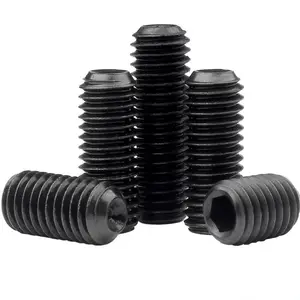








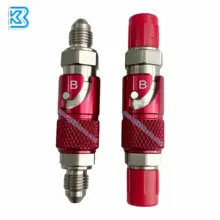
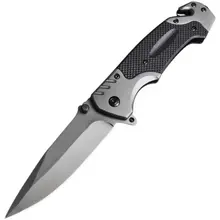
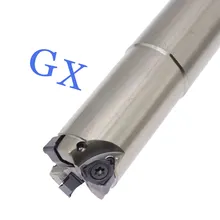
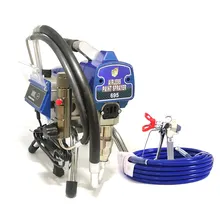
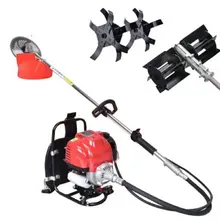




























 浙公网安备 33010002000092号
浙公网安备 33010002000092号 浙B2-20120091-4
浙B2-20120091-4